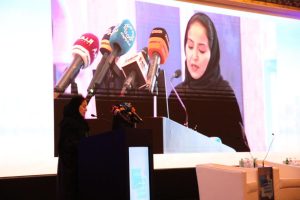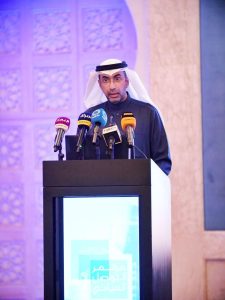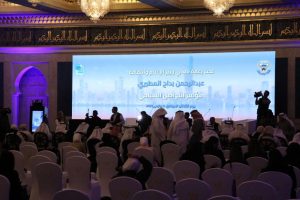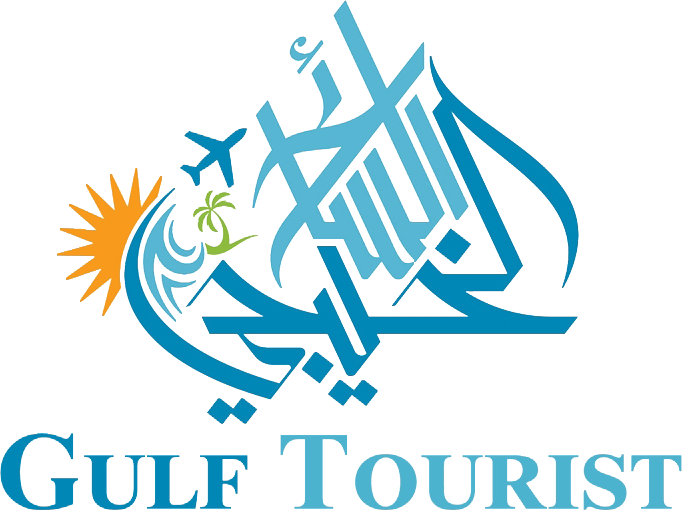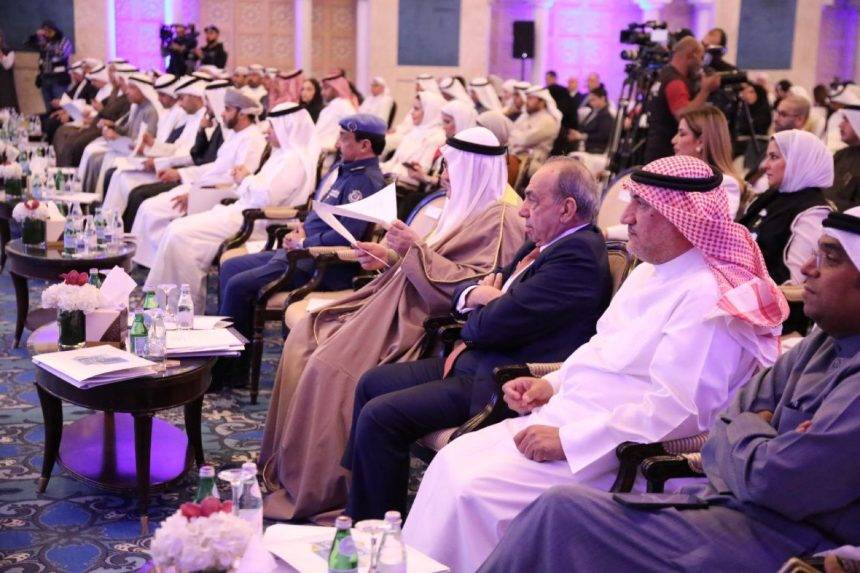Written by Hussein Al-Mannai, editor-in-chief of Al-Sayyeh Al-Khaleeji
The State of Kuwait witnessed the launch of the first tourism conference entitled Tourism Communication Conference, which was organized by the Ministry of Information with the participation of officials and specialists from the State of Kuwait, the Gulf Cooperation Council countries and regional countries.
Dr. Nasser Mohisen, the Assistant Minister of Information, delivered a speech on behalf of the conference sponsor, Minister of Information and Culture Abdulrahman Al Mutairi. He emphasized the importance of enhancing tourism communication, highlighting that positive outcomes on sustainable tourism development result from strategic steps to activate tourism partnerships, exchange experiences regionally and internationally.
Dr. Mohisen mentioned that Kuwait’s tourism sector, with its promising attributes, is supported by various tourism projects and promotional programs. These initiatives contribute to boosting the tourism sector’s recovery, acting as a catalyst for GDP growth by involving the private sector and attracting foreign investments.
The conference aimed to discuss Gulf tourism experiences and empower tourism through the perspectives of specialized academics, the private sector, and the vital role played by civil society in crafting the tourism industry’s success. Tourism has become a lifeline for the global economy, fostering prosperity and advancement.
He added that the Middle East region possesses a rich cultural and historical heritage, climatic diversity, and urban development, enabling the enhancement of tourist attraction. The focus should be on promoting bilateral tourism, improving the quality of facilities and services, and contributing to economic growth.
Regarding future tourism, Basmah Al Maiman, the Regional Director for the Middle East at the United Nations World Tourism Organization, expressed optimism about the tourism future in the region. She noted that the Middle East remains an economic pillar, especially with the Gulf countries witnessing a new phase marked by various initiatives, projects, and proposals supporting tourism activities.
Al Maiman highlighted that the Middle East is the only region globally to surpass 2019 pre-COVID-19 levels, indicating a positive transformation into global travel hubs. She commended Kuwait for its active participation in the United Nations World Tourism Organization and its alignment with the country’s focus on tourism in line with Kuwait Vision 2035.
The Kuwaiti tourism sector, with its longstanding history since the 1960s, has consistently attracted visitors from across the region due to its vast resources. Al Maiman expressed confidence that Kuwait’s tourism sector will experience continuous growth in the coming years, thanks to strong government support.
She presented statistics on Gulf countries’ airport traffic, showcasing significant increases in passenger numbers in 2023. This growth further validates the region’s transition into global travel hubs. Notable figures include Dubai International Airport hosting 86.9 million passengers, Hamad International Airport in Doha with 45.9 million, King Abdulaziz International Airport in Jeddah with 42.7 million, Kuwait International Airport with 15.6 million, Muscat International Airport with 12.6 million, and Bahrain International Airport with 8.7 million passengers. These numbers reflect the continuous growth in the aviation industry in the region.
Al Maiman urged Kuwait and all Gulf countries to continue working to enhance cooperation mechanisms, creating a roadmap for the tourism industry that aims to maximize common interests through policy coordination and promotion of regional and bilateral tourism programs and products.
She expressed the UNWTO’s anticipation of ongoing collaboration with Kuwait’s Ministry of Information and stakeholders in the private sector to help the tourism sector regain its vital role in economic and human development.
The conference sessions covered various topics, including Gulf tourism experiences, tourism’s impact on the economy and sustainability, the influence of regulations on tourism, the role of hotels in tourism development, and support for tourism activities amid opportunities and challenges. The discussions aimed to provide insights into advancing Kuwait’s tourism industry and its regional and international standing.
